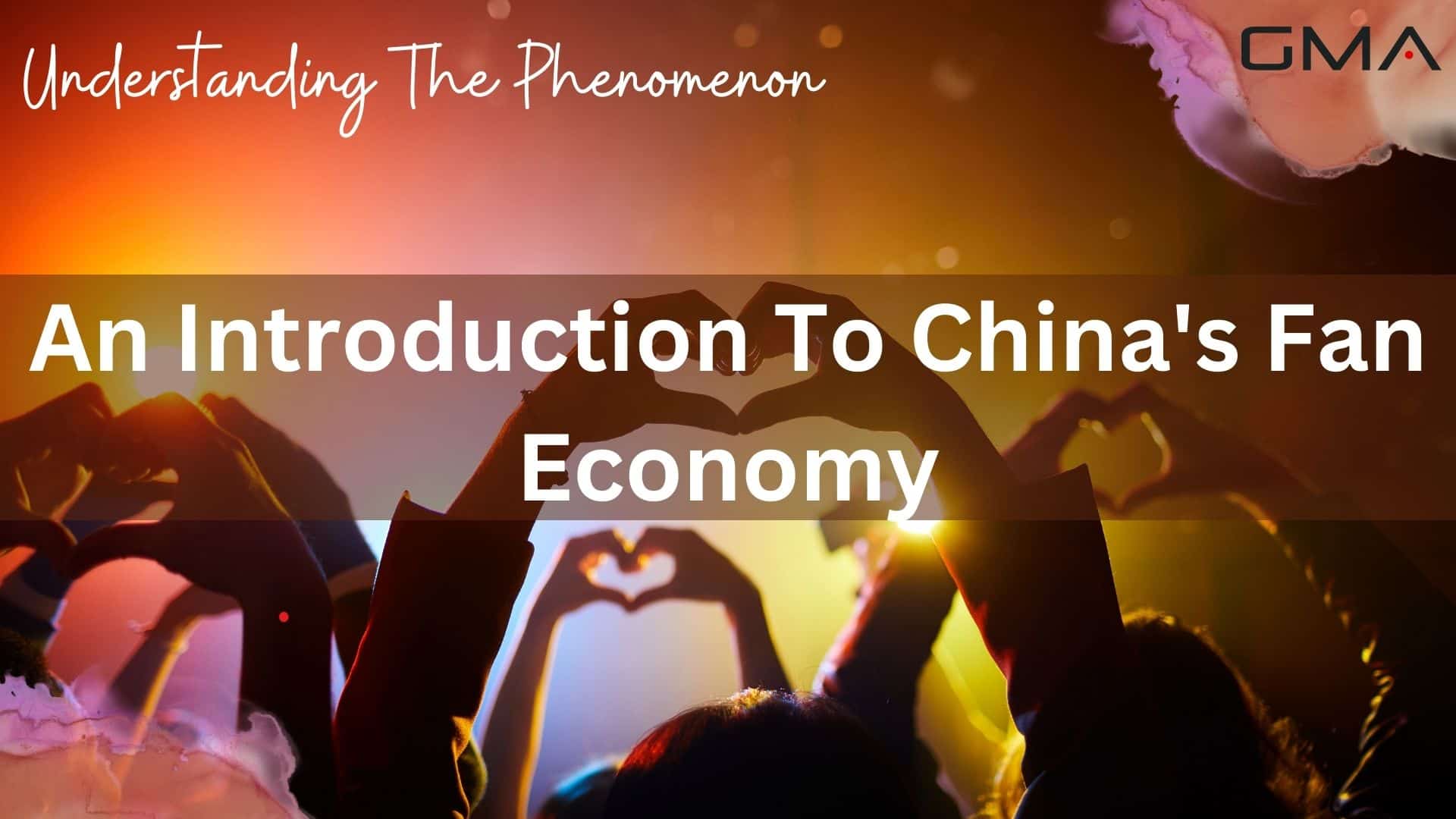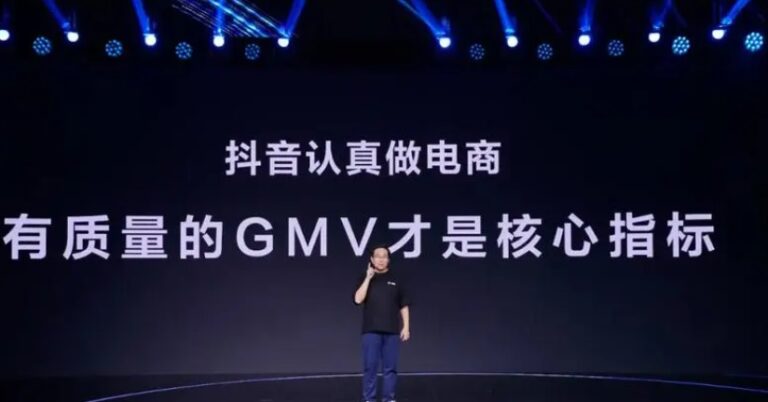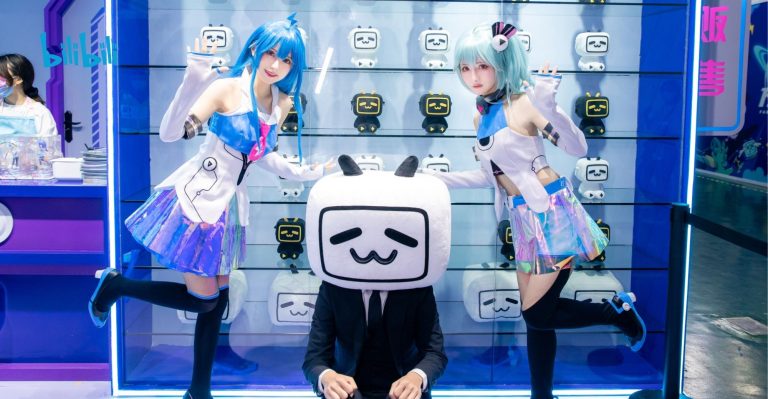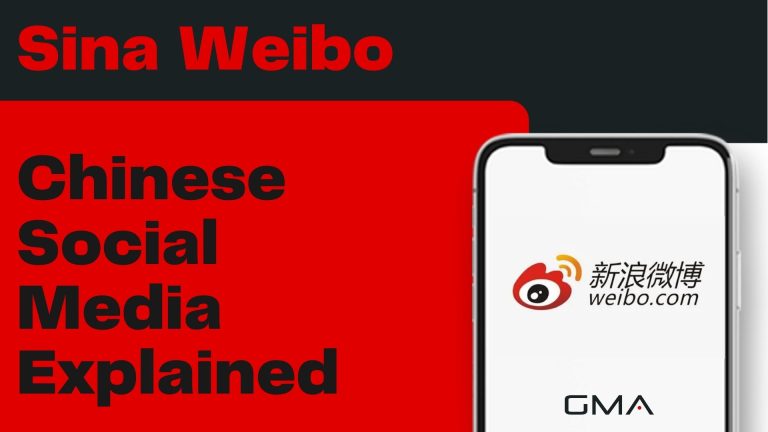China’s fan economy, an emerging and untapped market, is a treasure trove of potential that industry experts are beginning to recognize. Driven by the passionate support of dedicated fans who channel their admiration into economic powerhouses. This unique phenomenon leverages social media and digital marketing channels to transform ordinary celebrities into highly profitable idols.
The basics of this thriving economy lie in its symbiotic relationship between admirers and influencers or idols. Fans revel in expressing their support for these cultural icons through online engagement (content creation, merchandise purchases, subscriptions to exclusive content platforms) all contributing towards skyrocketing advertising revenues for industry operators.
Need a cost effective TP (Tmall Partner) to sell in China?
We are an Official Tmall Partner e-commerce Agency. Our Services: E-Commerce, Search Engine Optimization, Advertising, Weibo, WeChat, WeChat Store & PR.
In essence, the emotional bond between Chinese fans and their beloved figures generates steady sales growth across a variety of sectors such as fashion retail or entertainment streaming services.
The Power Of Idols: Understanding Their Influence

Decoding Idols: Their Origin And Cultural Significance
The origin and cultural significance of idols play a crucial role in shaping fans’ preferences and spending habits. Idols have been around for centuries, but their importance has surged in recent years, largely driven by the popularity of K-pop fandom and its influence on Chinese pop culture.
To fully understand the appeal behind idols, it is essential to recognize how they can impact public opinion and even pose potential risks to the Chinese government. Their extraordinary power to sway the masses makes them incredibly influential figures with legions of devoted followers who hang onto every word and action.
Diving deeper into the world of idols reveals how they masterfully balance talent, charisma, visual appeal, and relatability – elements that form an irresistible magnet for fans across all demographics.

The Idol Magnet: Unpacking The Key Factors That Attract Fans
There are several key factors that propel these idols to such meteoric heights of fame:
- talent beyond measure
- dazzling good looks
- charming personalities
- extraordinary charisma
- art of connecting with their audience on a personal level.
Moreover, idol magnetism in China transcends mere status as adored entertainers – these luminaries also wield significant influence as trendsetters in areas like fashion and lifestyle choices.
Ultimately, understanding the essence behind this idol magnet holds the key for businesses seeking to capitalize on China’s rapidly growing fan economy – because harnessing the power of its most influential ambassadors lies at its very core.

The Role Of Chinese Fans: Your Potential Consumers
Understanding Fan Preferences: Personality Over Artistic Achievements
A study on the fan economy shows that personal qualities and characteristics establish an emotional connection between the idol and their fans.
This preference for personality over artistic abilities has significant implications for brand endorsements as well. Fans are more likely to support brands or products endorsed by celebrities whose personalities they admire rather than solely based on their job performance.
Successful businesses must consider this aspect of consumer behavior when targeting the Chinese market through the fan economy.
Deciphering Fan Spending Habits: How Fans View Supporting Their Idols
Fans in China see supporting their idols as a cultural obligation and are willing to spend money on merchandise, concert tickets, and online activities that show their support. For example, during the 2020 Singles Day sales event in China, fans bought over 100 million yuan worth of merchandise from their favorite idol groups within just one hour.
However, brands must understand this dynamic carefully. While fans enjoy spending money to support their idols’ careers and send messages to them through gifts or other tangible items like letters, there is a fine line between appreciation and entitlement.
How Technology Amplifies The Fan Economy
Apps And Digital Platforms In The Fan Economy Growth
The role of technology, particularly apps and digital platforms, has had a significant impact on the growth of the fan economy. Here are some key ways in which digitalization has enabled this growth:
- Mobile applications: it is easier for fans to connect with their idols and other fans through apps like WeChat, Weibo, and Douyin.
- Social media marketing: Social media platforms have become important channels for celebrity endorsements and user-generated content, creating new opportunities for businesses to target engaged audiences.
- AI-powered marketing: Advances in artificial intelligence have allowed marketers to personalize their messaging and offer more accurate recommendations, catering to individual preferences.
- Virtual reality: VR technology provides an immersive experience for fans, allowing them to attend concerts or events without having to leave home.
- Customer engagement: With the help of data analytics and customer relationship management tools, brands can better understand their customers’ needs and preferences to create tailored experiences.

The Idol-Fan Commercial Loop: Profiting From Endorsements
One of the most critical areas to focus on is securing endorsement deals with popular idols. This can involve having celebrities feature in your commercials or act as brand ambassadors.
This is commonly referred to as the Idol-Fan Commercial Loop which has been proven successful in driving sales and boosting awareness for many brands. For instance, earlier this year, “The Rap of China” star GAI was featured on Coca-Cola bottles during his tour creating an instant buzz among fans causing demand to soar.
For instance, luxury brands have successfully used this strategy by signing up more Chinese idols as brand ambassadors, leveraging the power of C-pop fandom culture. The result is a mutually beneficial commercial loop where fans frantically buy products related to their idols and the products they endorse, leading to increased sales for both parties.
Why Fans Buy What They Do
Explore the psychology behind fan purchases and how it contributes to their idols’ commercial success – discover what motivates fans to buy merchandise, concert tickets, or even donate money for their favorite celebrities in the Fan Economy.
Fans are emotionally invested in their idols and often make purchasing decisions based on their feelings rather than logic.
The motivations and desires associated with these purchases can vary, but some common themes emerge. For example, fans may buy merchandise as a way to show support for their idol or feel closer to them.
One example of this psychology in action can be seen in the popularity of hand-written letters from Chinese idols. These letters are highly coveted by fans who see them as a personal connection with their favorite artist.
A Unique Consumer Behaviour
The way fans contribute to their idol’s commercial success is through their purchasing decisions.
Despite being a relatively new concept, consumer behavior studies show that Chinese fans have developed an intense emotional connection with their idols and are willing to support them beyond merely buying albums and concert tickets.
This means brands can leverage this fandom by targeting dedicated fans who are committed to supporting their idols’ commercial portfolios and sales KPIs. This model’s beauty lies in the creation of a mutually beneficial partnership between brand capitalization and avid fandom that ultimately results in increased revenue.

How Fan Clubs Work
Self-organization and communication strategies employed by fan clubs. These fans take their idol worship to a new level, creating intricate support and advocacy networks for their favorite artists.
These clubs often have designated leaders who manage different functions within the club, from organizing events to managing finances. They are responsible for setting trends and influencing consumer behavior within their fandoms.
Members work together towards common goals such as promoting their idols’ music or supporting them during concerts or events.
Activities That Drive The Fan Economy
How Fan Clubs Support Their Idols’ Commercial Interests
Fan clubs play a pivotal role in promoting their idols’ images and products, creating buzz around new releases, and helping boost sales of endorsed brands. For example, Chinese actress Dilraba Dilmurat’s fan club partnered with a famous bubble tea brand for her birthday, resulting in the brand selling over 100 million cups of tea in just two weeks.
Additionally, some fans create their own businesses centered around their idols’ merchandise, such as custom clothing lines or accessories inspired by an idol’s style. This type of entrepreneurial spirit within fandoms opens up opportunities for cross-promotions and collaborations with other brands looking to tap into this passionate consumer base.

Click Farming, Product Promotions, And Their Impacts
The digital world has a significant impact on the fan economy in China. Specifically, click farming and product promotions are two important aspects of the digital game affecting the fan economy.
Click farming is a practice where people are paid to click repeatedly on certain web pages or social media posts, artificially inflating their popularity and visibility. This can be used to create false perceptions of an artist’s popularity, creating a “buzz” around them that isn’t based on true engagement with fans.
Product promotions involve businesses partnering with fan clubs or artists to help promote their products through social media and other channels. Fan clubs can help companies advertise their products by creating engaging content that features the idol using the product or promoting it in some way.
The impact of these practices can be significant, as they can distort perceptions of artists’ actual popularity and influence consumers in ways that may not be entirely authentic. Despite this, there is still significant potential for businesses looking to tap into the fan economy through these practices, as long as they remain transparent and ethical in their approach.

Cultural Differences In Fan Goals – East vs. West
In contrast to Western fandoms that may prioritize individualism and achievement, many Chinese fans emphasize personal connection – feeling understood by their idol – while valuing moral character over artistic prowess.
For instance, Korean pop culture (K-pop) has been incredibly popular among young Chinese fans due to its emphasis on emotional connection and personal values. Fans see themselves as part of a larger community where they share common experiences and interests with other like-minded individuals.
Chinese fans also appreciate idols who embody qualities they admire, such as kindness, hard work, and resilience. Actress Zhang Ziyi has gained nationwide popularity due to her rags-to-riches story that resonates with many aspiring young women in China.
Leveraging The Fan Economy: Strategies For Business Owners And Executives
If you looking to target the Chinese market, understanding and tapping into the fan economy can bring significant benefits. By building emotional connections with fans through celebrity endorsements, social media engagement, and unique fan club experiences, businesses can drive sales while achieving increased brand awareness and customer loyalty.
For example, in 2019 luxury fashion house Dior collaborated with Chinese idol Wang Junkai to release a limited edition collection targeted towards his legion of fans.
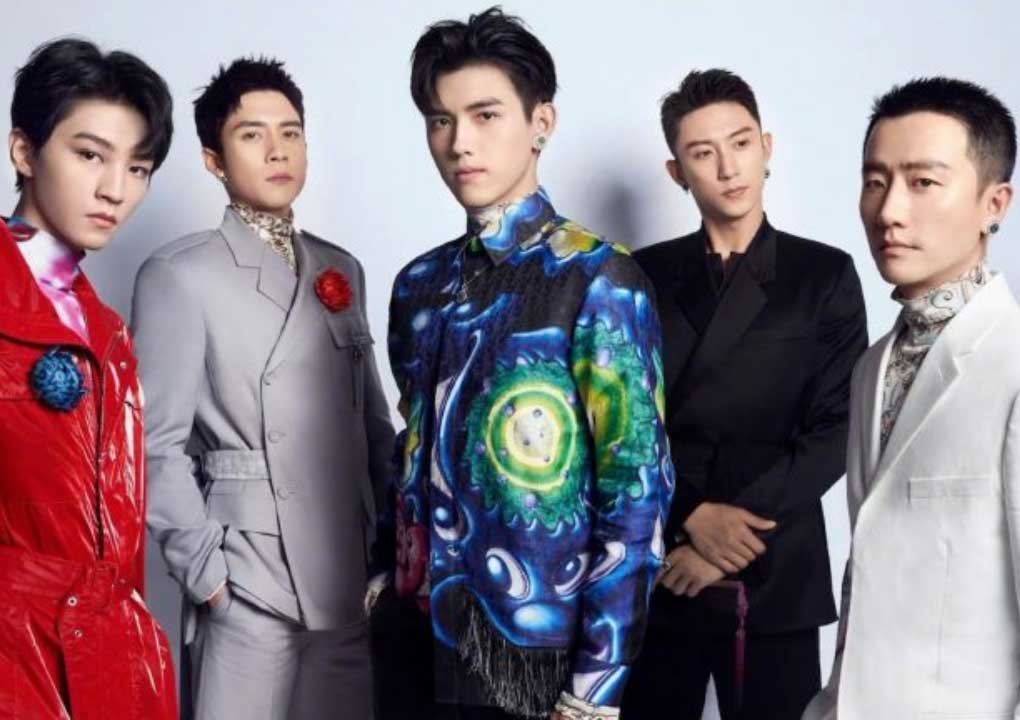
In order to successfully enter the Chinese market, it is imperative for businesses to understand the nuances of the local culture and how it shapes consumer behavior. One key aspect to consider is the prevalence of fandom culture, which plays a significant role in shaping purchasing decisions and brand loyalty in China.
Fandom culture in China has been rapidly growing and evolving over the past decade, fueled in part by the rise of social media platforms and online communities. Fans in China are passionate and highly engaged, and their devotion to certain brands, franchises, and celebrities can be a powerful force in driving sales and shaping popular culture.
As such, businesses looking to establish a foothold in the Chinese market should carefully consider how their products or services can appeal to this vibrant and influential fandom culture. This requires a deep understanding of the unique characteristics and preferences of Chinese fans, as well as a thoughtful approach to marketing and engagement strategies.

Fortunately, our agency has over 20 years of experience in navigating the complexities of the Chinese market, including the ever-evolving landscape of fandom culture. Our team of experts can provide invaluable insights and guidance to help your business succeed in this dynamic market.
Feel free to contact us anytime! We offer a free consultation with one of our experts that will learn about your brand and provide you with the best solutions in the Chinese market. Let’s start today!
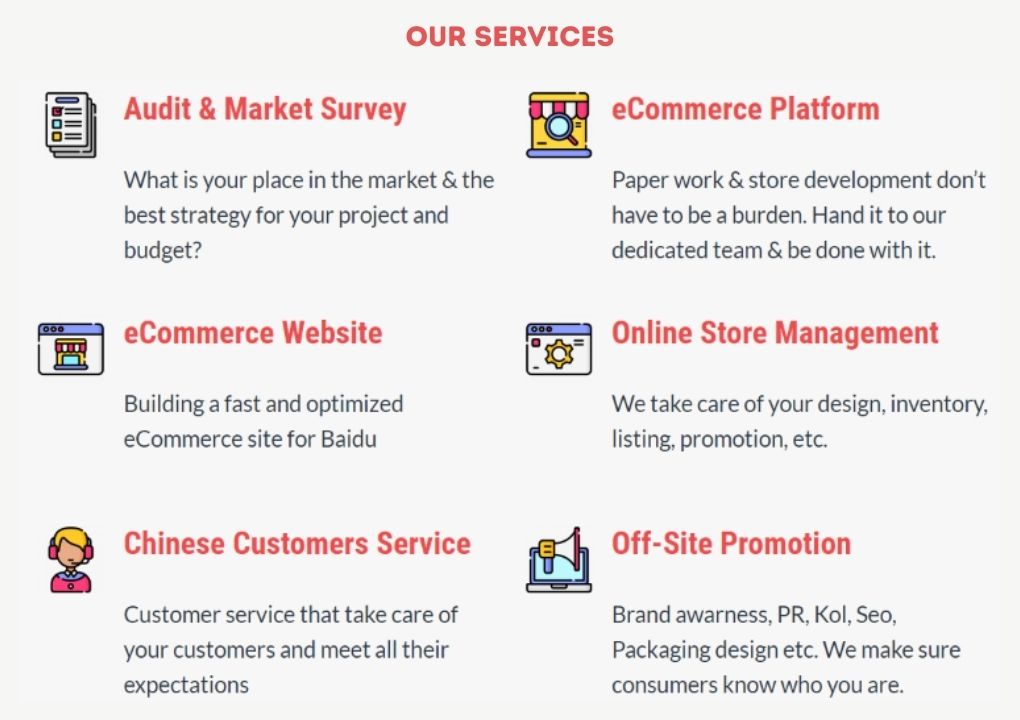
Key Takeaways to China’s Fan Economy
- China’s Fan Economy is a major economic force driven by the symbiotic relationship between fans and their idols, which generates significant operational income across multiple industries.
- Chinese fans value personality over artistic achievements when it comes to idol preferences, creating new opportunities for businesses to target engaged audiences through brand endorsements and user-generated content.
- Technology plays a crucial role in boosting the growth of China’s Fan Economy, with mobile apps and digital platforms empowering fans to engage more closely with their idols. Businesses can leverage AI-powered marketing and VR technology to better understand individual consumer preferences within fan communities.
- The Idol-Fan Commercial Loop can lead to real consumption and profitability for brands due to the immense popularity of C-pop fandom culture – companies should consider partnering with popular idols as brand spokespersons or featuring them in commercials while utilizing data analytics and customer relationship management tools.


